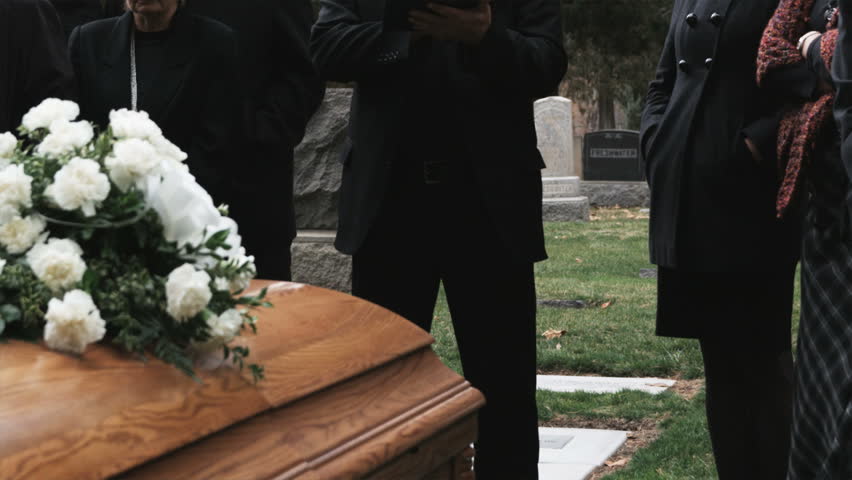Only you can tell your story from your point of view. So, it comes as a surprise that many people have no written recounting of their life. In addition, it is sometimes easier to keep certain thoughts and feelings secret until you have passed away, but if you have taken no steps to memorialize how you want to deal with your loose ends, your unfinished business will remain unfinished. Remember the difference between a Eulogy and an Obituary: An Obituary is often an objective, somewhat-cold fact-based notice of your death; a Eulogy is a speech at your funeral meant to paint a picture of who you really were. A good Eulogy contains the following chapters: Origin: When

















